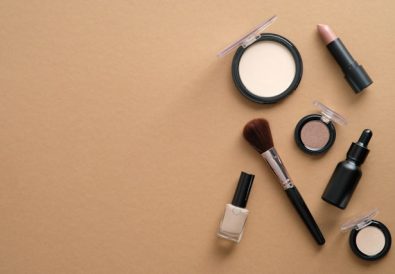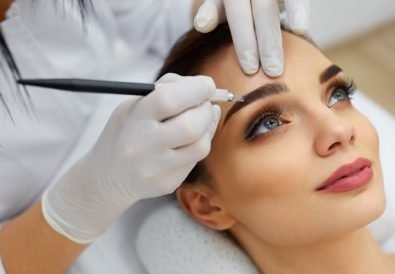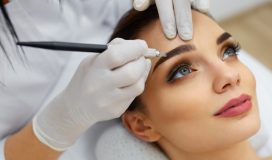
If you have undergone surgery, whether it be for aesthetic or health-related reasons, you probably feel unlike your usual self. Your energy will be depleted, you won’t be able to engage with your usual routine, and likely you may feel fed up as a whole. Getting back to normal after surgery sounds easier than it is. The truth is for many, their normal may have shifted as a result of having their surgery, so finding a routine again can be exhausting. However, all surgery patients need to take their time to recover before trying to do too much. This can take weeks, if not months depending on the complexity of the procedure.
Laying the foundations whilst recovering to feel like your normal self is possible, but it requires an adept understanding of what your body is trying to tell you. In this blog, we will share how to get back to feeling ‘normal’ after surgery, even whilst recovering. The key lies in mental resilience, but take a look at the following suggestions.
Understand your recovery time
First and foremost, getting back to normal firstly requires an understanding of your estimated recovery time. Your surgeon will likely give you an estimated time frame in which it will take for recovery. This may be extended or shortened depending on the patient, but having a rough idea can help you lay the foundations for life after surgery.
Taking time off work
Once you know the estimated time of recovery, your surgeon will also give a time estimate as to when you can go back to work. If your work is quite physically demanding, you might need to take a longer period from work to avoid any damage coming to the affected area. However, for less abrasive jobs such as a desk job, you may be able to return to work in as little as two weeks. Be sure to schedule a few days over your estimated time off just to be sure you do not need extra time. The worst thing you can do is push yourself too hard whilst your body is still weak and vulnerable.
Fuel your body
Getting back to normal also involves encouraging a smooth recovery. Your diet plays a crucial role in overall recovery, in addition to rest. To get back to feeling like the best version of yourself again, you need to be eating 3 nutritious meals a day. They should include proteins, healthy fats, and vitamin sources such as vitamins c and D, and also sources of iron to encourage red blood cell production. If your appetite has been diminished as a result of medication, try to have liquid meals such as smoothies to ensure your body still has nutrients to absorb. You will likely feel low and lacking energy during this time, so let your diet offer the boost of energy you need.
Visit a physical therapist if necessary
Once you can move and walk around, it might be worth visiting a physical therapist. This is especially important if the surgery targets any of your limbs. Physio can help your muscles and bones slowly get back to engaging in movement whilst promoting healing.
Get ready if you’re not heading anywhere
From a mental perspective, recovery can be draining. Staying in one spot with nowhere to go but to rest can be exhausting, leaving you in a negative mindset. Even whilst you have nowhere to go, you should still engage in your self-care activities, such as showering, getting dressed each day, and even doing your hair and make-up if it makes you feel better. This can give you an objective for the day, even if it doesn’t feel important at that time, it will help you feel as if you are back to your old routine of getting out and seizing the day.
Ask friends and family to visit
Hopefully, you have a roommate or partner who is helping you take care of yourself whilst your mobility is restricted. But, this can still make you feel trapped inside a box even with the company of your loved one. Once you feel up to it, ask your friends or family to pay a visit. It can be as simple as a cup of tea to discuss how you’re feeling, or a movie night together watching your favourite marathons. You need to keep in mind that you are not alone in this, and you have a whole life waiting for you once you are fully healed and ready to go.
Sit outside and get some vitamin D
Staying cooped inside is not good for anyone, especially those recovering from surgery. If you have a back garden space, try to spend 30 minutes outside each day, perhaps whilst drinking your morning coffee. Vitamin D promotes immune health, which will be weakened following surgery. It is also proven to improve mood with serotonin production, which will likely be low after being inside for a long period.
Bottom line
Overall, it will take some time to feel entirely normal following surgery. Especially after surgeries such as tip rhinoplasty in London that alter the face, patients can feel depleted until they have completely recovered. Laying the foundations to promote healing, and also support positive mental health will help you through this difficult time, and get you back to being the strongest version of yourself once more.














